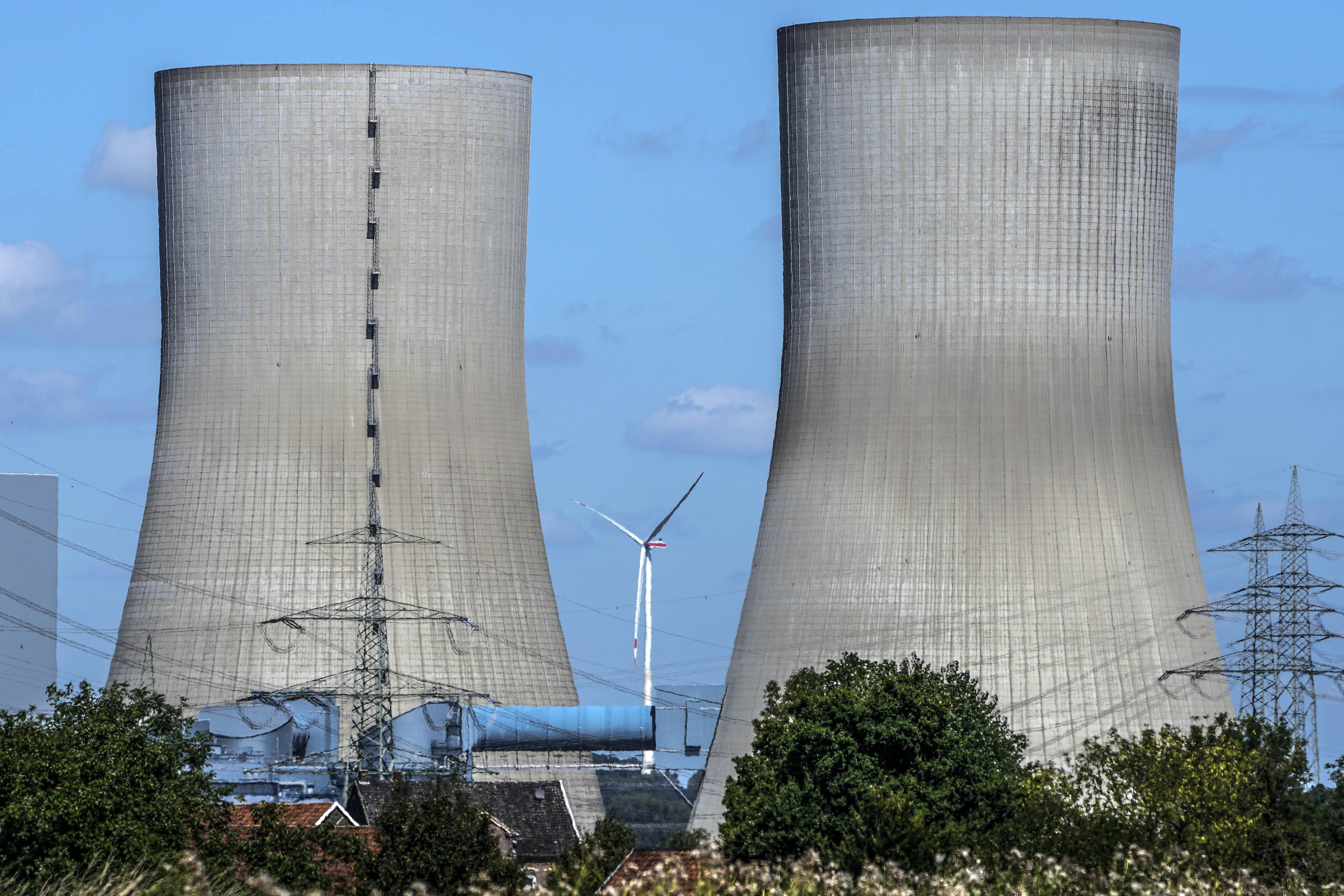 A wind turbine is seen behind the shut down coal-fired power plant Westfalen of RWE Generation SE is seen in Hamm, Germany, Aug 10, 2023. (PHOTO / AP)
A wind turbine is seen behind the shut down coal-fired power plant Westfalen of RWE Generation SE is seen in Hamm, Germany, Aug 10, 2023. (PHOTO / AP)
BERLIN - Germany's greenhouse emissions gap will probably be bigger than the government's estimates in 2030 even if planned emission reduction measures are fully implemented, a council of climate experts that advises the government said on Tuesday.
The largest economy in Europe aims to cut its carbon dioxide emissions by 65 percent by 2030 compared with 1990. The country's CO2 levels last year were already 40 percent below the 1990 level.
Even if all the measures are implemented, the buildings sector will have a CO2 gap of 35 million tonnes by 2030, while the transport sector is expected to miss the target with excess emissions of 117 million to 191 million tonnes
The German government's planned CO2 cuts for the energy and industrial sector could cut emissions significantly, but the buildings and transport sectors' efforts are lagging, the council said in a report.
ALSO READ: Tse: Hong Kong earmarked $30b to fight climate change
"The expected overall reduction is probably overestimated," Hans-Martin Henning, the council's chairman, said in a statement.
Even if all the measures are implemented, the buildings sector will have a CO2 gap of 35 million tonnes by 2030, while the transport sector is expected to miss the target with excess emissions of 117 million to 191 million tonnes.
ALSO READ: China to promote all-round green transformation
Watering down a bill that aimed to phase out oil and gas heating systems will also contribute to lower cuts in the building sector, the report showed.
That sector emitted 112 million tonnes of greenhouse gases last year, or 15 percent of the total, but the scope of a rule phasing out the use of fossil fuels in heating systems in old buildings in favor of ones that run with 65 percent renewable energy from 2024 was significantly limited by a push from the pro-business Free Democratic Party to amend the initial bill.
READ MORE: China: Low-carbon goals gaining prominence
The transport ministry's assumptions on the effectiveness of the planned measures for cutting emissions are also "optimistic," the council said.
"There is a lack of a coherent and consistent overall concept and an overarching framework of measures," the report concluded.


